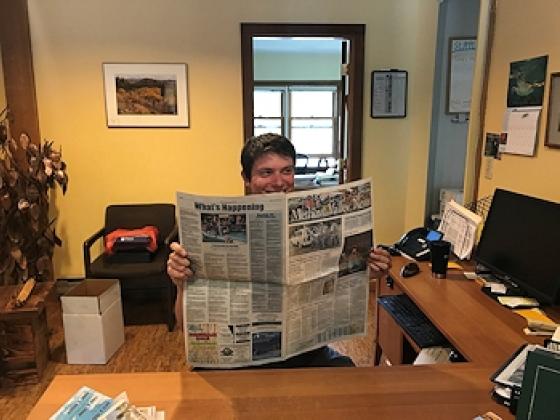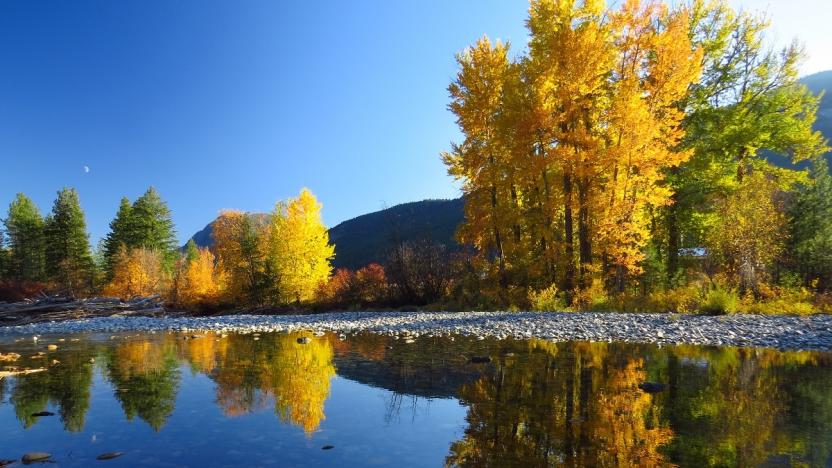
New York Times: Can Humans Help Trees Outrun Climate Change?
Human assisted migration of species north as ecosystems shift to higher latitudes with climate change is not a particularly new concept, however, what is new is it’s migration from an academic concept to a common sense management action. This article will make you wonder what species of trees we will see in the Methow in 50 years. Will they get here on their own? Or will someone bring them?
Crosscut: How a wildfire ecologist left the rural South to fight fires in the PNW
Another great addition to Crosscut’s STEM series that talks to professionals in science and mathematics with unique origin stories. This conversation is with a man who was the first person in his family to graduate from college and now he is a fire ecology researcher at the Pacific Northwest Research Station in Seattle.
High Country News: Online Privacy is for the Birds
The recent trend in our technological culture of uploading beautiful photos of natural vistas to Instagram or posting our birding checklists on Cornell Lab of Ornithology’s Ebird app is having very real negative impacts on endangered species and sensitive landscapes. Some of these app’s like Ebird are adapting their software to stop poachers
from finding their targets and other more popular platforms are not. It’s becoming ever more important to protect the online privacy of wildlife and special places, so stop and think before you post!
Idaho Statesman: I want salmon back in Idaho. Simpson seeks bold action after $16 billion spent on recovery
U.S. Representative Mike Simpson of Idaho (R) has a new priority: bringing back a healthy sustainable salmon population to Idaho. His plan is to sit down with Oregon and Washington to write the Northwest Planning Act 2.0, which will renegotiate the current deal that handles the impacts of hydroelectric dams on fish and wildlife.
NPR: 8 Ways to Teach Climate Change in Almost Any Classroom
Not all of us are elementary school teachers, but most of us have probably had an experience with the challenge of talking about climate change with people we don’t know very well. It can be an awkward conversation, especially since it often leads to a political discussion. This article has good suggestions for how to have that
conversation with others as well as some homework that we should all do to be better informed.
